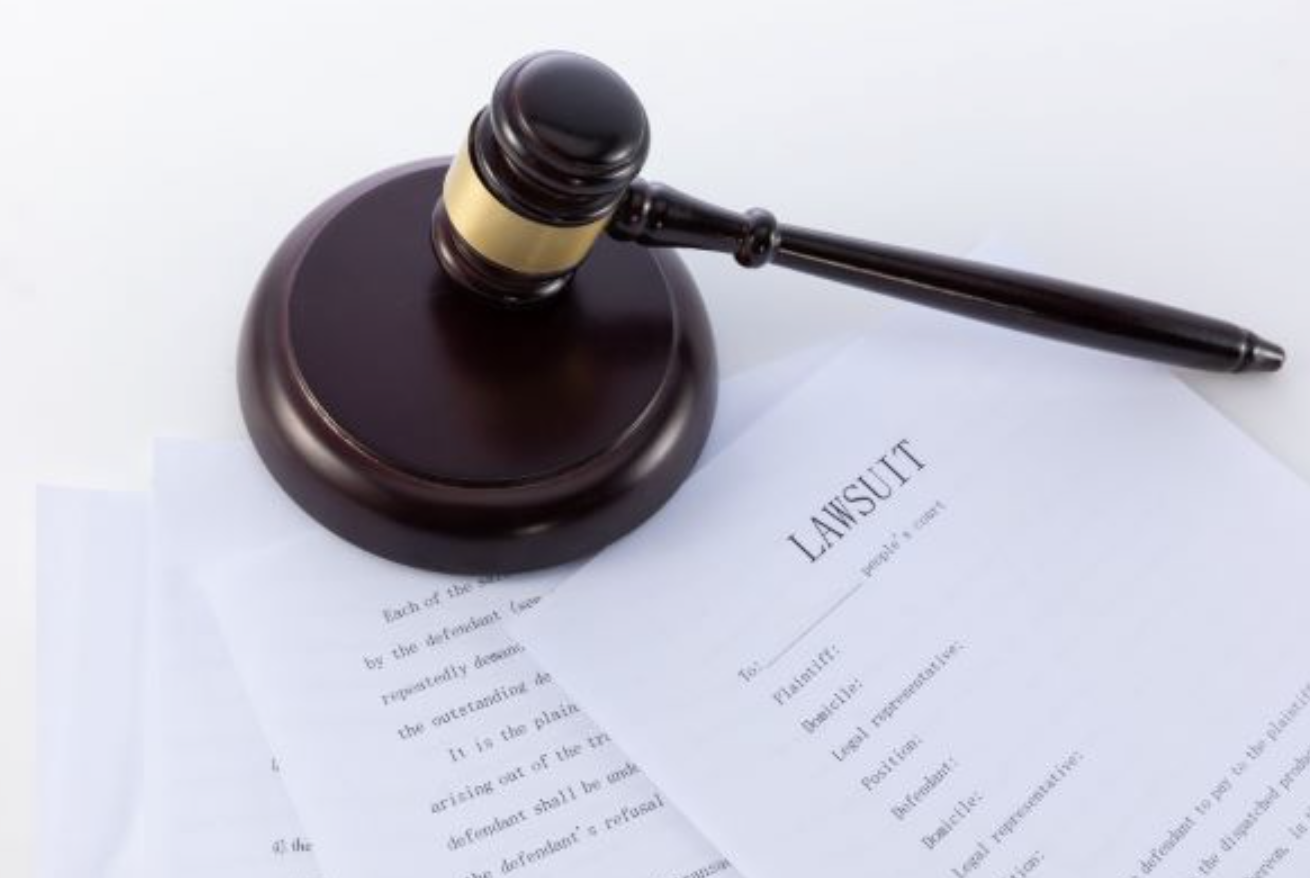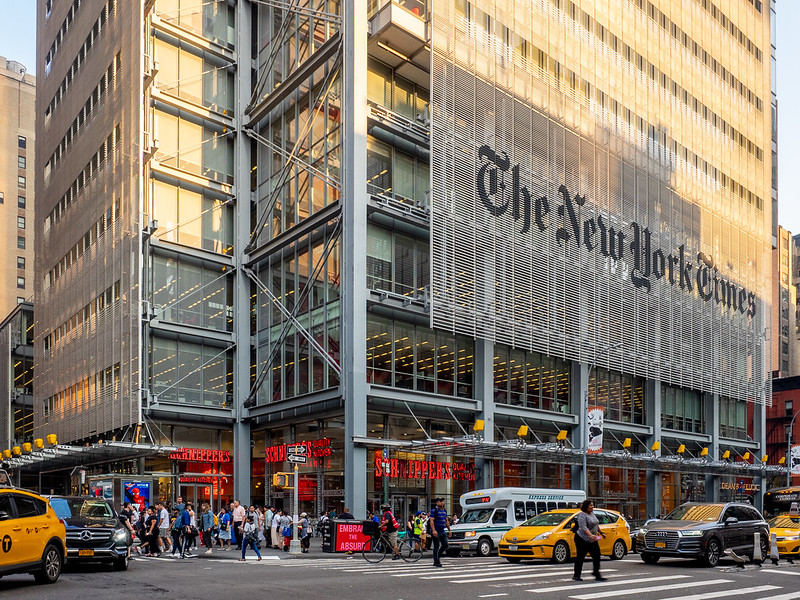In a recent court filing, OpenAI attorneys claimed that the New York Times “hacked” ChatGPT by testing tens of thousands of prompts, most of which were allegedly engineered to replicate copyright-protected content.
OpenAI has asked a federal court to dismiss parts of a lawsuit filed by The New York Times, claiming that the newspaper illegally “hacked” ChatGPT and other artificial-intelligence systems to generate misleading evidence to support its claims of copyright infringement.
According to Reuters, OpenAI earlier this week moved a Manhattan-based federal court to discount elements of the Times’ complaint. In its petition, OpenAI said that the outlet employed “deceptive prompts that blatantly violate OpenAI’s terms of use” to coerce ChatGPT into reproducing copyright-protected material.
“The allegations in the Times’ complaint do not meet its famously rigorous journalistic standards,” OpenAI wrote. “The truth, which will come out in the course of this case, is that the Times paid someone to hack OpenAI’s products.”
“It took [the New York Times] tens of thousands of attempts to generate the highly anomalous results” cited in the lawsuit. “They were able to do so only by targeting and exploiting a bug (which OpenAI has committed to addressing) by using deceptive prompts that blatantly violate OpenAI’s terms of use.”
“And even then,” OpenAI attorneys wrote, “they had to feed the tool portions of the very articles they sought to elicit verbatim passages of, virtually all of which appear on multiple public websites.”

“Normal people,” OpenAI said, “do not use OpenAI’s products in this way.”
However, OpenAI neither named the “hired gun” alleged to have misused the company’s products, nor did it explicitly accuse the New York Times of breaking any anti-hacking statutes.
In response, attorneys for the New York Times sharply criticized OpenAI’s use of the term “hacking” to describe the routine and non-technical curation of ChatGPT prompts.
“In this filing, OpenAI doesn’t dispute—nor can they—that they copied millions of The Times’ works to build and power its commercial products without our permission,” Susman Godfrey partner and attorney Ian Crosby told CNBC.
“What OpenAI bizarrely characterizes as ‘hacking’ is simply using OpenAI’s products to look for evidence that they stole and reproduced The Times’ copyrighted work,” Crosby said. “And that’s exactly what we found. In fact, the scale of OpenAI’s copying is much larger than the 100-plus examples set forth in the complaint.”
As LegalReader.com has reported before, OpenAI is facing multiple legal claims of copyright infringement—claims that have been filed by organizations like The New York Times, as well as independent authors and artists.
Although OpenAI has since created an opt-out process, that prohibits the company’s artificial-intelligence crawler from accessing their websites, the company has said that it is virtually “impossible” to competent A.I. models without the use of copyrighted works.
“Because copyright today covers virtually every sort of human expression—including blog posts, photographs, forum posts, scraps of software code, and government documents—it would be impossible to train today’s leading A.I. models without using copyrighted materials,” OpenAI attorneys wrote in response to an in inquiry from the United Kingdom’s legislative House of Lords.
“Limiting training dada to public domain books and drawings created more than a century ago might yield an interesting experiment,” OpenAI said, “but would not provide A.I. systems that meet the needs of today’s citizens.”
Sources
OpenAI alleges New York Times ‘hacked’ ChatGPT for lawsuit evidence
OpenAI says New York Times ‘hacked’ ChatGPT to build copyright lawsuit


Join the conversation!